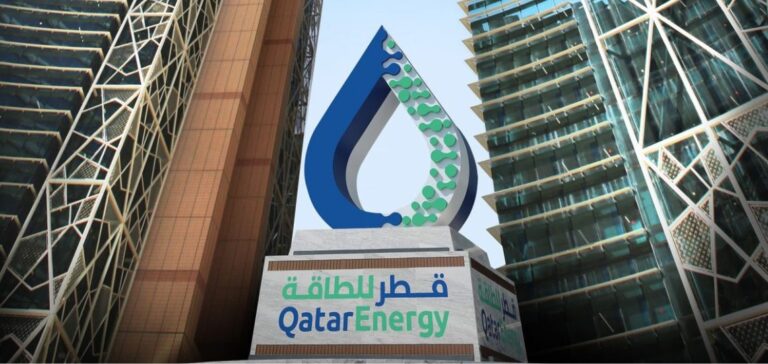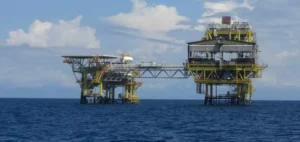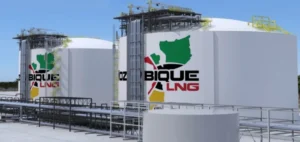National oil and gas company QatarEnergy has signed contracts with international companies for the operation of a further 19 LNG vessels, bringing the total number of vessels added to its fleet over the next few years to 104. This expansion, the largest ever in the LNG sector, includes agreements with CMES LNG Carrier Investment, Shandong Marine Energy (Singapore), and MISC Berhad, all with vessels built by Samsung Heavy Industries in South Korea.
Key partnerships and construction in progress
The remaining four vessels will be operated by a joint venture between Kawasaki Kisen Kaisha (K-Line) and Hyundai Glovis, and built at Hanwha Ocean in South Korea. These new additions follow an agreement with Qatari gas carrier Nakilat for the operation of 25 vessels, underlining the importance of such partnerships in fleet expansion.
Global strategy and export capability
With these 104 new vessels, QatarEnergy is supporting its ambitions to increase its LNG production capacity to 142 million tonnes per year by 2030, from the current 77 million. This expansion will play a part in meeting QatarEnergy’s growing global demand and strategic objectives.
Market impact and outlook
Qatar’s ability to sign new contracts is key to achieving its expansion objectives. However, the increase in LNG supply capacity expected between 2025 and 2027 could lead to periods of oversupply, influencing prices. Platts’ recent valuation already indicates a price decline, with a May JKM of $9.51/MMBtu.
The significant expansion of QatarEnergy’s fleet marks an important milestone in the evolution of the LNG industry, posing both challenges and opportunities for the global energy market. This ambitious strategy reflects Qatar’s determination to strengthen its leadership position while navigating a dynamic and changing market.






















